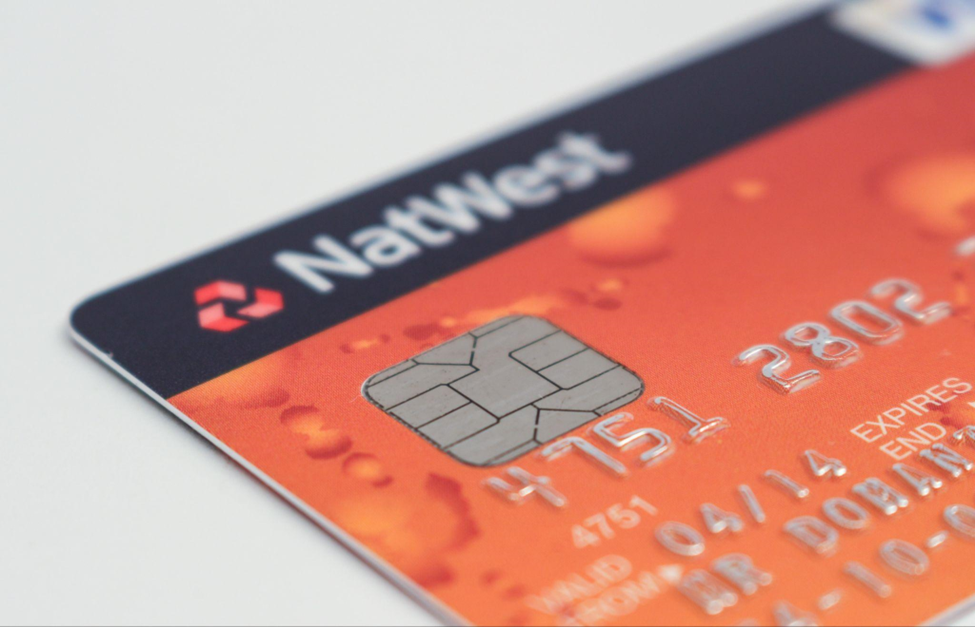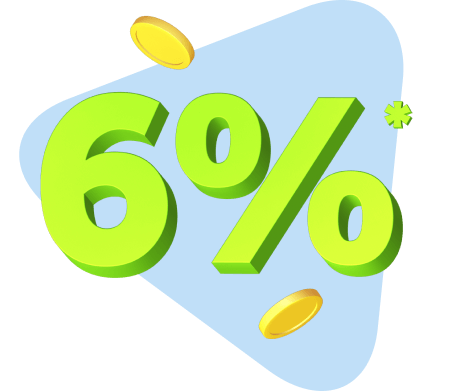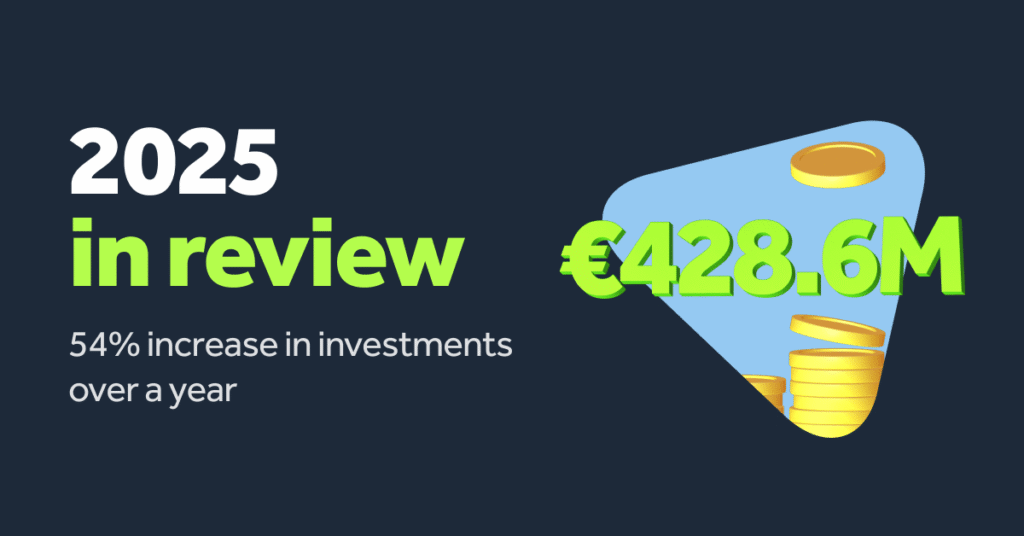With all the buzz around interest rates and inflation, it’s hard to keep up with what’s happening in the economy, but more importantly, how it affects you and your finances. Instead of talking about macroeconomics and what’s going on with the central bank, we’re going to discuss four ways interest rate changes can directly impact your wallet.

1. Borrowing money becomes more expensive
Interest rates influence how much it costs to borrow money. When interest rates rise, you have to pay more to borrow money; when interest rates decrease, you can borrow money at a lower cost.
Interest rate changes affect every type of loans, such as mortgages, car loans, personal loans, credit card debt, home equity loans, and more. Since interest rate increases mean banks and other financial institutions have to pay more to borrow money, you also have to pay more to borrow money from the lender.
2. Bank savings accounts and CDs pay you more
While it might cost you more to borrow money, you can get paid more to let others borrow from you. As much as we love P2P lending, we’re just talking about keeping your money at a bank as a savings account or certificates of deposit (CDs).
When interest rates are higher, the banks have to pay more to borrow money. If you deposit cash in the bank, the bank will be perfectly happy to pay you more interest to encourage you to leave it there so that it can use your money for its investments.

3. Your money is usually worth more
Depending on the economic circumstances, an increase in interest rates can slow an economy and make its currency more valuable. The purpose of raising interest rates is to prevent the economy from getting too hot and driving inflation upwards. So, when interest rates increase, every euro you have is likely to become more valuable, meaning one euro will buy you a little more than it might have if interest rates were declining.
4. Your stock portfolio might get sluggish
Stock prices can be unpredictable, and while they’re not influenced by interest rates quite as directly as mortgages and other loans, they tend to react to rising interest rates. Stocks move in response to a company’s performance, and higher interest rates make it hard for companies to generate profits and invest in growth. Most investors are also more hesitant to invest in stocks when interest rates rise, which can drag stock values down even further.

When interest rates change, your finances will, too
Expect to pay more to borrow money for a house or a car, but remember that you’ll earn more on the money you deposit at the bank. Another consequence of interest rate increases is that your cash will likely be more valuable, though your stocks will probably suffer.




